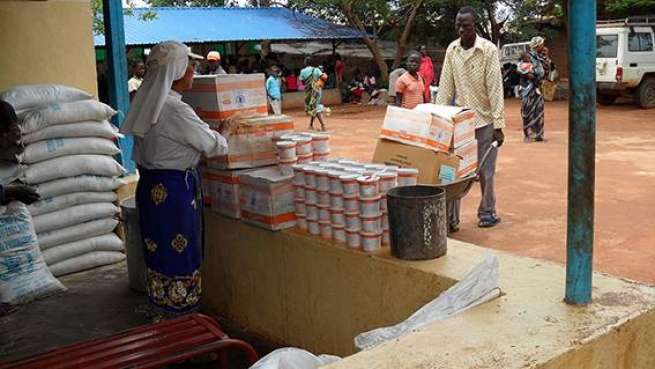South Sudan for three years has been suffering the consequences of a civil war that spares nothing: human lives, productive activities, infrastructure ... With the population at its lowest, and also weakened by famine, international support is for many people the only anchor of salvation.
In early March, however, the Parliament voted a measure that raised the cost of work permits for foreigners from 100 to 10,000 dollars, motivated by the need to cope with the scale of the crisis. This measure evidently had an aggravating effect on the crisis, encouraging the flight from the country of foreign workers - including volunteers and missionaries.
Fortunately, the government has had second thoughts. In the first weekend of April, the Finance Minister, Stephen Dhieu Dau, announced the suspension of the measure, and pending the repeal of the new law by parliament, made it clear that "government agencies will continue to apply the old payment rates."
This bureaucratic "emergency" is over but all the problems that afflict the youngest African state still remain to be solved: there are 7.5 million people who need help and 1 million children suffering from acute malnutrition.
The Salesians in South Sudan say that there is no time to waste and that each of us, in our own small way, can do something, even just by being informed and letting people know what is happening in this country plagued by so many ills.
For their part, the Salesians are providing accommodation at their facilities for about 15,000 people who are in need of food and shelter. They are acting in harmony with the entire Church of South Sudan, which, through its bishops' pastoral letter, has said: "The Church is not for or against anyone, neither the government nor the opposition. It is in favour of the good things - peace, justice, love, forgiveness, reconciliation, dialogue, law enforcement, good governance ... - and it is against evil - violence, massacre, rape, torture, looting, corruption and discrimination - no matter where they happen and who is responsible."


